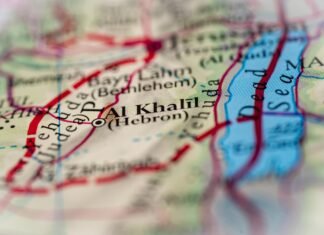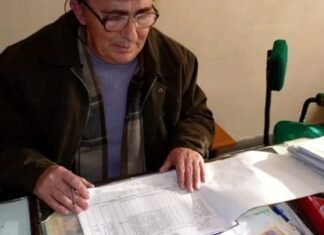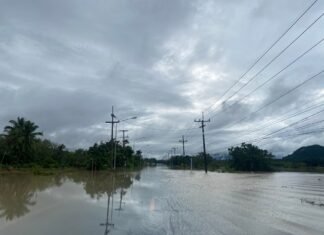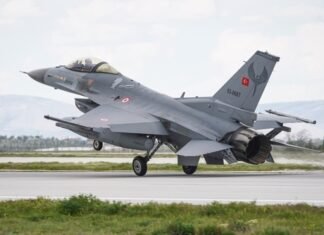On Tuesday, Brazilian law enforcement launched a significant operation in Rio de Janeiro, deploying 2,500 agents with the aim of tackling drug trafficking. The initiative, led by Governor Claudio Castro, resulted in the deaths of 18 suspects, while several police officers also lost their lives, although the exact number of casualties among the police has not been disclosed. Throughout this operation, law enforcement made 81 arrests and confiscated 42 firearms. The main objective was to curb the expansion of the notorious criminal organization known as Comando Vermelho.
The operation targeted certain favelas, particularly Complexo da Penha and Complexo do Alemão, where drug traffickers had erected barricades to thwart police intervention. These areas are known hotspots for drug activity and present considerable challenges for law enforcement. Governor Castro emphasized the obstacles facing the authorities, highlighting that criminals are increasingly utilizing technology, such as drones, to gain an upper hand.
Police operations in Rio de Janeiro are not uncommon, but they often come at a staggering cost. In 2024 alone, nearly 700 individuals lost their lives during these interventions, underscoring the volatile and dangerous nature of such missions. The situation in Rio de Janeiro reflects a broader struggle between law enforcement and organized crime, where the stakes are alarmingly high and the risks evident.
Reports indicate that these confrontations are characterized by extreme violence, as gang members frequently engage in armed conflict with police during efforts to regain control of the streets. The government’s aggressive stance against drug trafficking is driven by the urgent need to restore safety and order in regions plagued by violence and lawlessness. However, the approach taken by law enforcement also raises critical discussions surrounding the effectiveness of such operations and the potential for exacerbating tensions within communities already caught in the crossfire.
As authorities continue to wrestle with the realities of organized crime, questions arise about the long-term strategies needed to address the underlying issues of poverty, lack of education, and limited access to resources. Many residents of the favelas find themselves trapped in cycles of violence and criminal activity, driven by socioeconomic conditions that leave little room for alternatives.
Governor Castro’s comments serve as a reminder that while the use of force may yield immediate results in terms of arrests and seizures, a more comprehensive and sustainable solution is necessary for lasting change. This might include community engagement initiatives, investments in social programs, and a reconceptualization of policing strategies that prioritize safety without further alienating residents.
As Brazil grapples with this multifaceted crisis, the recent operation in Rio de Janeiro highlights both the determination of law enforcement to curb drug trafficking and the complex dynamics that continue to fuel this ongoing battle. The sacrifices made by police officers, alongside the tragic loss of lives, call for a critical examination of how best to navigate this challenging landscape in pursuit of safety and justice for all.






